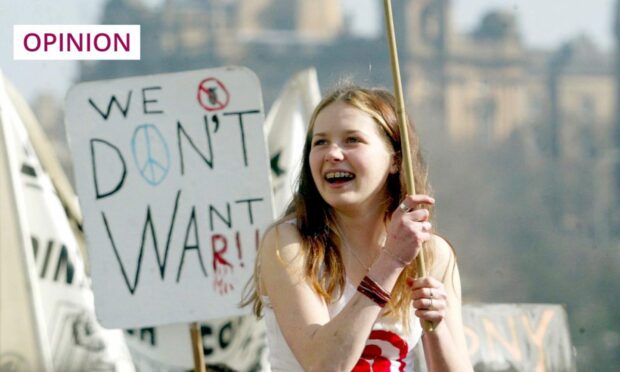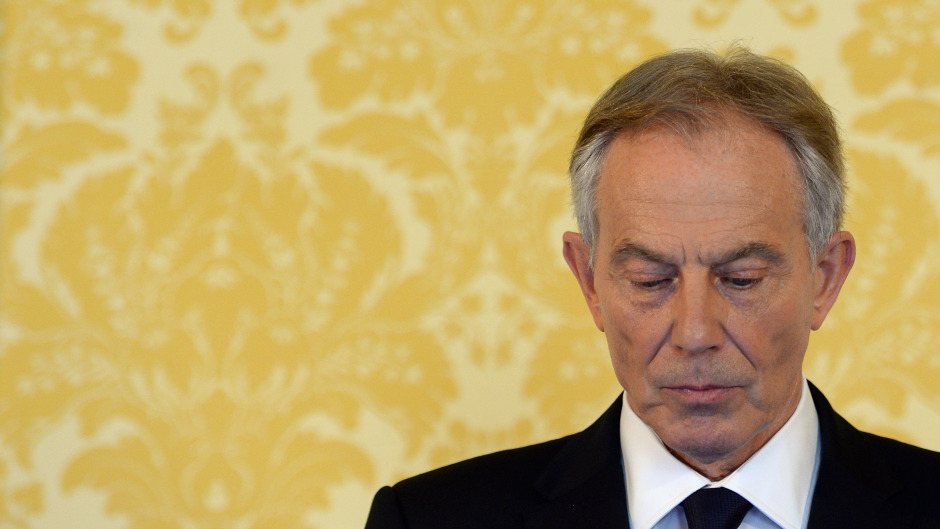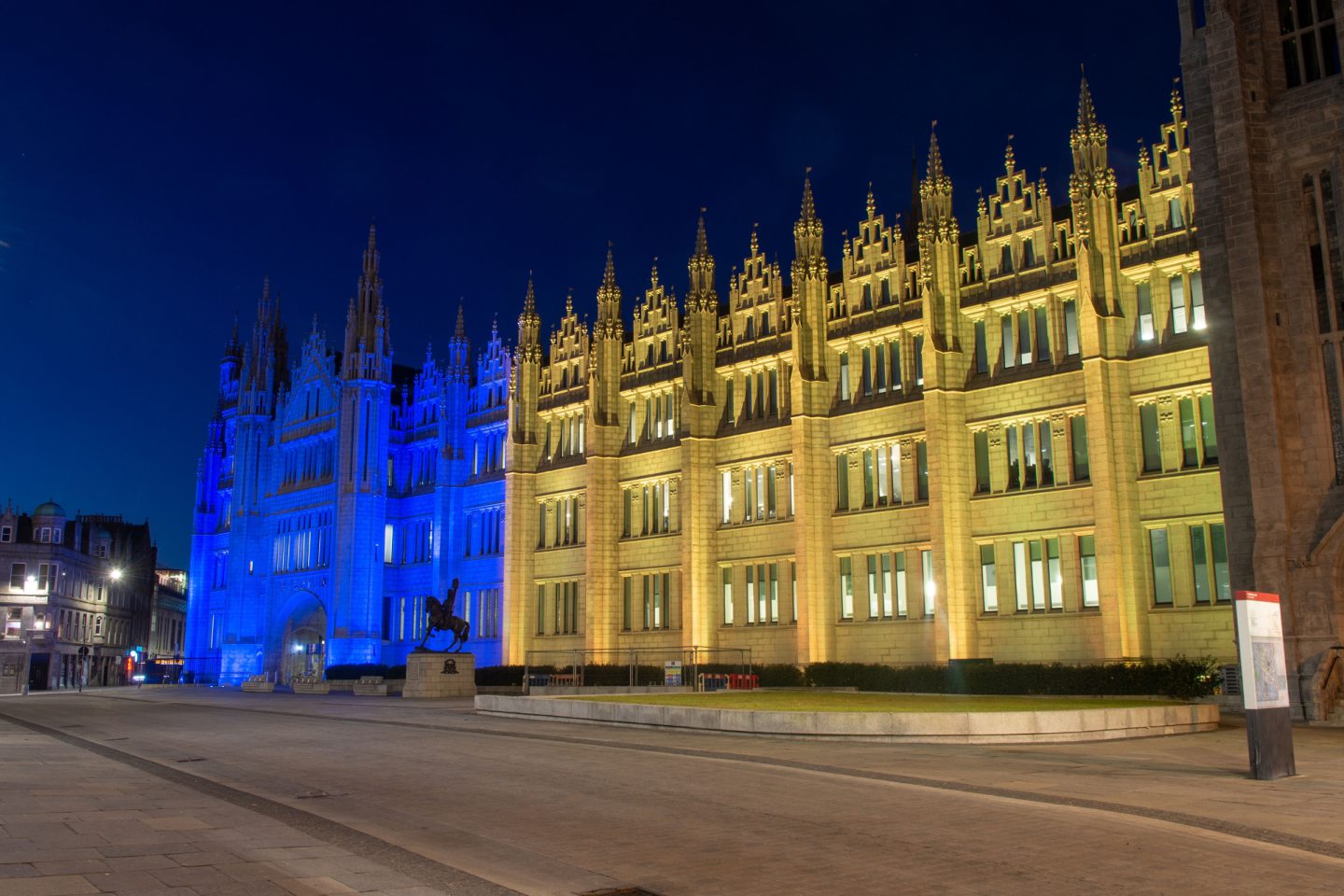It is worth reflecting on the myriad ways in which the ripples from the disaster of Iraq still reverberate today, writes Alistair Carmichael MP.
“Every bomb that is dropped on Iraq will be like a stone dropped into water: it will create ripples that spread far and wide.”
This week marks 20 years since the beginning of the invasion of Iraq. In recognising that anniversary, I had cause to look over my words in parliament from that time – the only MP from the Highlands and islands who spoke in those debates still in post.
I make no claim to great powers of prediction in opposing the invasion along with my party. That a war involving hundreds of thousands of soldiers and millions of civilians should have enormous consequences ought to be pretty obvious. It is worth reflecting, however, on the myriad ways in which the ripples from the disaster of Iraq still reverberate today.
From the current war in Ukraine to the waves of refugee crises and even the impact on our politics here in the UK, Iraq looms large, whether we acknowledge it or not.

After a period when interventionism – in Bosnia, in Sierra Leone, in Afghanistan – had become the norm, failure in Iraq began a slow reversal and withdrawal.
In “learning” the lesson of Iraq, the West held back from intervening in Syria’s civil war, even as Assad’s regime in partnership with Russia committed flagrant atrocities on its people, including the use of chemical warfare.
The human cost of those conflicts has been unimaginable, not merely in lives lost, but lives upturned. A refugee crisis on our shores today has its roots in the great upheavals of Iraq, Isis, Syria and beyond.
Vladimir Putin, for his part, learned that he could act against his neighbours and rivals with impunity, in the knowledge that the US and other democracies were unwilling to respond. Thus came the seizure of Crimea and the slow-burn conflict in the Donbass – to say nothing of the subtle disinformation campaigns against democracies more generally. It took eight years and the full-scale invasion of Ukraine last year for free countries to change course again.
Invasion of Iraq was a turning point for so many
For many here, too, the invasion of Iraq was a personal turning point. It was a defining moment for a generation who found themselves drawn into politics when they might previously have seen themselves as apolitical.
Over a million marched across the UK to protest against the war. Even in the Northern Isles, where large-scale protests were practically unheard of, over a thousand people came out to throng the streets in Lerwick and in Kirkwall.
Some were pacifists. Most were not. Those protesting were not “wide-eyed extremists”, but teachers, crofters, fishermen and children. What they shared was an abiding feeling that the case for this war of choice had not been made.
The war showed that there was no shortage of passion out there, if people could find an outlet for it
Some joined campaign groups, some joined parties. Many were inspired by my colleague and friend Charles Kennedy, and the Liberal Democrats’ principled stand – hardly consequence-free – against the conflict, when the media and political consensus seemed impenetrable.
We now see the war as the turning point in the fall of Tony Blair and New Labour (perhaps also of Labour’s decline in Scotland), but it was not such a clear thing at the time.
We must engage with conflict for the right reasons
After years of supposed disengagement from politics, the war showed that there was no shortage of passion out there, if people could find an outlet for it. That remains true, not just in student towns and major cities, but in every corner of the Highlands and islands.
It would be easy to treat this anniversary as a chance for a victory lap for those of us who were proven “right” in opposing the war. Relitigating the decision to invade, however, will not bring one life back. We are where we are.
No government has a monopoly on hubris. No party has a monopoly on right or wrong.
What we can do now, however, is learn the right lessons from 2003. Not to avoid all war, but to engage with conflict for the right reasons and in the right way.
The 20 years from Iraq to Ukraine were paved with good intentions. It is up to all of us to build a better path ahead.
Alistair Carmichael is MP for Orkney and Shetland



Conversation